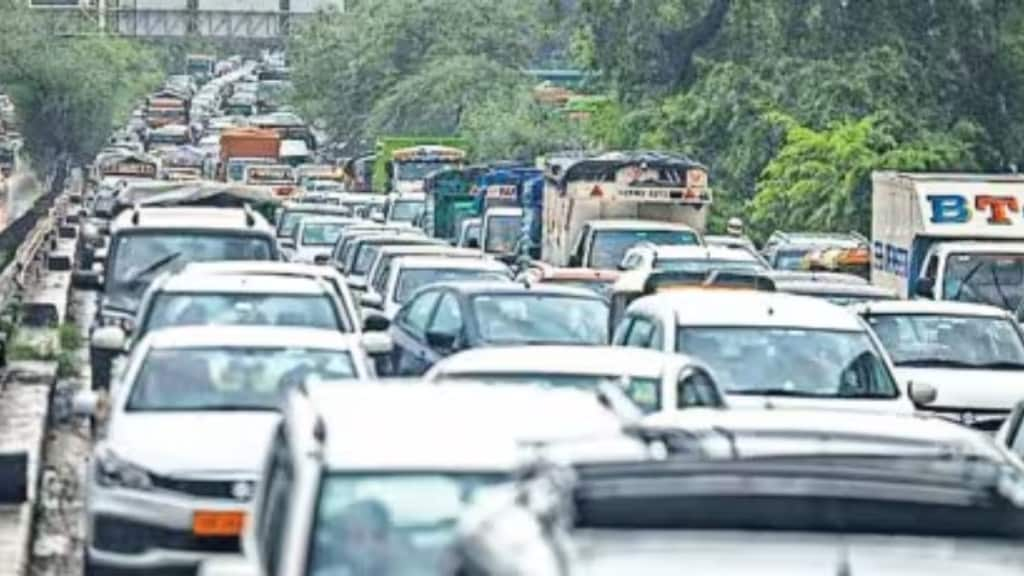The Calcutta High Court observed that the police may seize a driving license based on legitimate reasons, but they cannot revoke or cancel it. This comes under the jurisdiction of the licensing authorities. The court also said that the police cannot issue on-the-spot fines or force someone to confess to the allegations if the person wants to defend themselves. The court further explained that the police can only seize the license if there’s a reason to believe that this could lead to a serious offence like drunken driving or overspeeding. Even in this case, the same has to be sent to the court, and if found guilty, then the license is revoked by the licensing authority.
Petition emphasises right to a fair hearing
A practicing advocate was halted by a traffic sergeant in Kolkata alleging the vehicle was overspeeding. The advocate, Subhrangsu Panda, claimed that the traffic authority first seized his driving license and then demanded on-the-spot cash payment for the fine instead of online payment.
The Panda alleged that the Sergeant demanded Rs 1,000 in cash as a challan. He also explained to the sergeant that police do not have the power to suspend it. Under the Motor Vehicles Act, 1988, only the licensing authority can cancel a driving license. After listening to the advocate about the traffic authority’s behaviour, Justice Partha Sarathi Chatterjee, presiding over the division bench, directed that there should be a refreshed course on how to enforce the traffic law without troubling the public.
Justice Partha Sarathi Sen’s judgement read out, “Although Section 206 of the Motor Vehicles Act, 1988, uses the term impound, the Act does not define this expression. Consequently, the meaning of the word must be understood in its ordinary and common parlance.
While the police officer is empowered to seize a license under the said provision upon fulfilment of any of the conditions enumerated in Section 206 of the 1988 Act, he is to forward the same to the Court to take cognisance of the offence allegedly committed by the driver, and if the conditions are contained in Sub-section (4) of Section 206 of the 1988 Act, he is to send the license to the licensing authority for disqualification or for initiating revocation proceedings under Section 19 of the Act.
Therefore, the authority to suspend, revoke, or impound the license is vested solely in the licensing authority that issued it. Consequently, I cannot agree with the contention of respondent no. 10 that he had the power to impound the license.
The court emphasises the letter of the law
The Calcutta High Court observed that Section 2(20) of the 1988 Act states that only the licensing authority has the right to cancel or revoke a driving license. The court further said, “It has been alleged that the petitioner and the intervener were subjected to rude and arrogant behaviour by respondent no. 10, who is further accused of making derogatory remarks against individuals practising before this Honourable Court and taking the name of a former judge of this court inappropriately. If such conduct did occur, it is unfortunate and unexpected from a person holding the rank of an officer in the police department. This is not a police state…it is a welfare state governed by the rule of law.”
